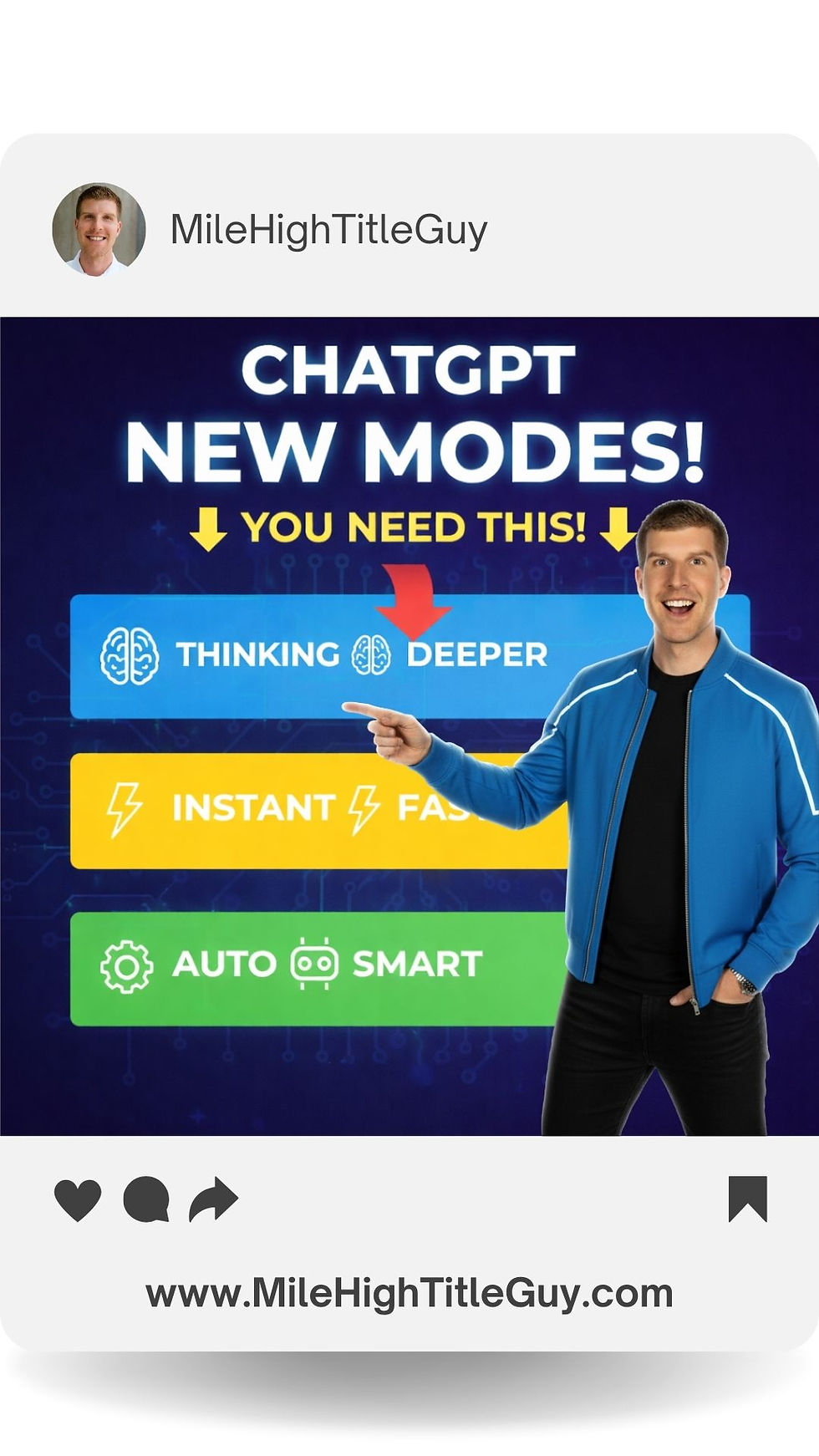How Do Search Engines Work?
- Jerad Larkin

- Dec 22, 2017
- 3 min read
Updated: Dec 26, 2017

A Beginner's Guide to Google
A search engine (like Google) is a system created to allow us navigate the never-ending information on the World Wide Web. The most visited search engines in the world are Google, Bing, Yahoo! and Baidu (China’s #1 search engine). Since so many of us are using search engines in everyday lives, these top companies and their algorithms hold an incredible amount of power! You could probably even say that they run the world - and this is why...
A search engine can be thought of as the library of the Internet. Beyond just scanning, indexing, and tracking every website in the world, search engines also help people find the most accurate website when we search for a keyword or phrase. This is typically called “Googling” something. Once Googled, we trust the websites provided to us but never really think about how "those answers" were chosen, ya know?

Google Sees It Different
Search engines see websites very differently than people. Google continually pushes to have systems that try to be more "human-like" but search engines are still just computers, not humans.
When I click on a website and it's loaded with awesome images, colors, buttons and fonts, Google is looking behind the curtain to examine the site code. These code pages are known as “documents" — and to most people that code doesn't make any sense. These search engines review the data in order to better understand the purpose of the webpage.
The code shows things differently - Google looks at headlines in large (and bold) text or even tiny fonts that share the specifics on a business. Search engines look at which buttons are clickable and which pages on the site are linked together. On the flip-side, Google can't understand and interpret pictures and images like people do. To replace this problem, Google relies on "alt text" to comprehend what's displayed for each image.

How does it all Work?
Yes, search engines use intricate algorithms that are constantly getting better. Search engines have 3 main tasks - crawling, indexing, and retrieving information.
Crawling
Google actually sends out automated computer systems known as “bots” or “spiders” to review the 30+ billion web pages on the Internet and make a record of their information. The links within a web page send the bots to their linked locations. This is honestly a never-ending process — not just because new are added daily, but also because the bots constantly come back to previously visited websites to look for new links, content, and other changes.

Indexing
What do the bots do once they gather information for a search engine? They record it into special databases that store the billions of webpages being reviewed on the World Wide Web. This "index" is kept within massive data centers, where the search engine can briskly find a webpage that needs updating or needs to be retrieved to give an answer to search result.

Retrieving Data
The 3rd responsibility of a search engine is the one that most of us are already familiar with. When a user types in a query, Google will look into its database of websites and share a list of web pages that are relevant our search. On top of that, Google also ranks its results in order of relevancy.
When you search online, the search engine isn't exactly scanning the entire web — instead, Google is looking through its own library, or index, of websites. If your website has awesome SEO, you can trust that Google’s bots will know when your website is a legit result for a search.

How can I Rank Higher on Search Results?
So you may be wondering by now, what can I do to show up on the first page of Google? Or better yet, at the very top? Well, go check out my 10 tips to improve your SEO presence online.
Still have questions? Need help with SEO on your website? Contact me, I'm happy to help.
- Jerad
info@milehightitleguy.com





Comments